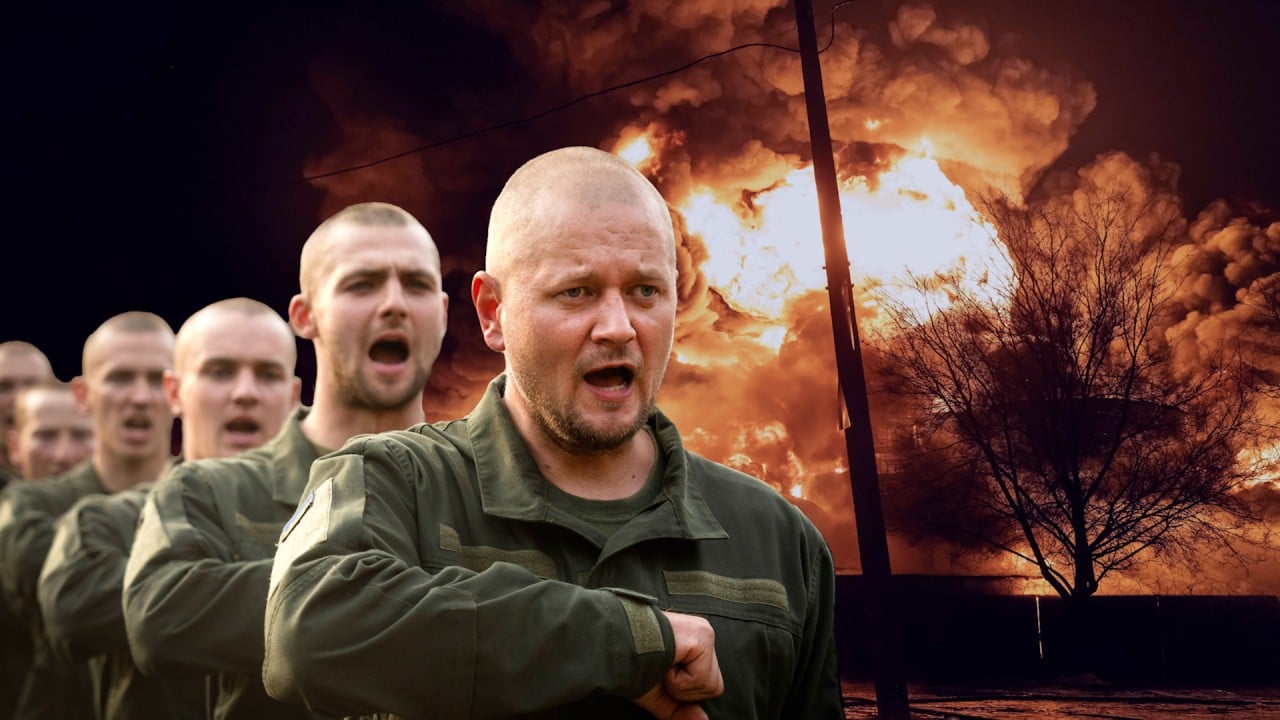Senior diplomats from China and Russia have met in Moscow and discussed the war in Ukraine, according to Russia’s foreign ministry, as the invasion enters its third year.
They also agreed to improve coordination in key international organisations, including the Brics countries, a bloc of major emerging economies.
China’s support for Russia ‘very troubling’, says US ambassador
China’s support for Russia ‘very troubling’, says US ambassador
Russia assumed the presidency of the association at the beginning of this year, and President Vladimir Putin has said that his country would hold a leaders’ summit in Kazan in October.
“A confidential discussion was held on ensuring security in the Eurasian space, as well as in the Asia-Pacific region, given the active attempts by the West to create small-bloc military-political associations in the region,” the readout said, using the term that usually refers to the post-Soviet areas, in particular Russia and Central Asia.
On Sunday, Ukrainian President Volodymyr Zelensky told CNN that Russia was preparing a new offensive against Ukraine, which could begin in early summer.
EU blacklists Chinese firms for first time in latest Russian sanctions package
EU blacklists Chinese firms for first time in latest Russian sanctions package
Senior officials of the two countries meet from time to time to discuss bilateral cooperation from trade to military, while Putin and Chinese President Xi Jinping met twice – in person – last year alone. The Russian leader is expected to visit China this year, China’s ambassador to Russia Zhang Hanhui said in an interview last month.
Facing growing isolation from the West, Russia has also been stepping up engagement with North Korea, which has significantly ramped up its weapons tests in recent months despite years of economic and military sanctions by the United Nations.
Russia’s success in dealing with Western curbs ‘offers China important lessons’
Russia’s success in dealing with Western curbs ‘offers China important lessons’
The White House said in January it had evidence that North Korea had provided ballistic missiles to Russia, and that North Korea was seeking military hardware in return, a claim that Pyongyang and Moscow both denied.
To force Putin to end the war, the European Union last week announced a new round of sanctions, which would blacklist North Korea’s defence minister and, for the first time, ban exports to three mainland Chinese firms, which have been accused of supplying sensitive military technology to Russia.



